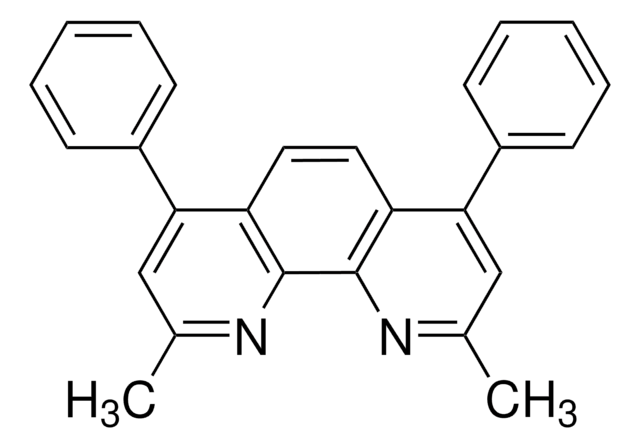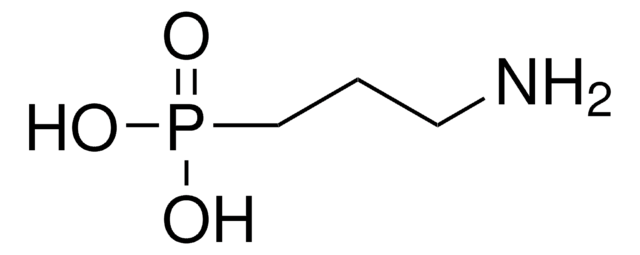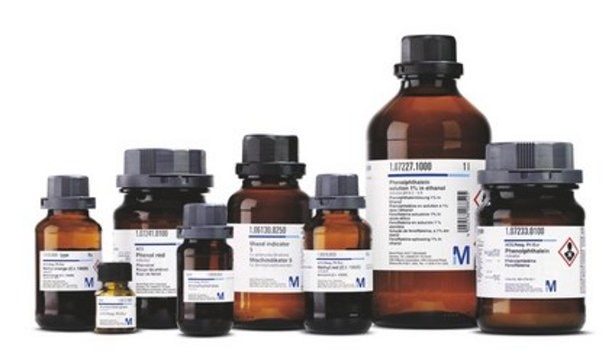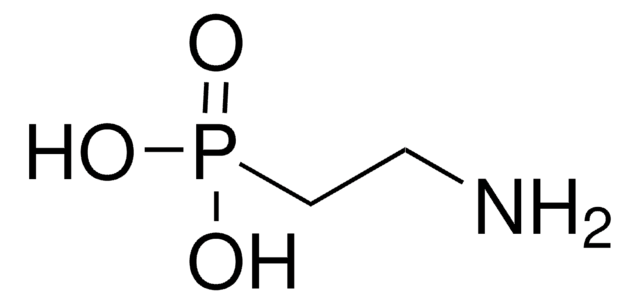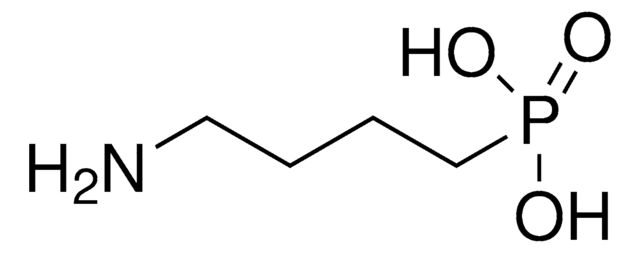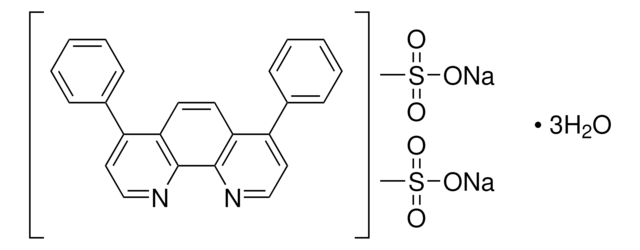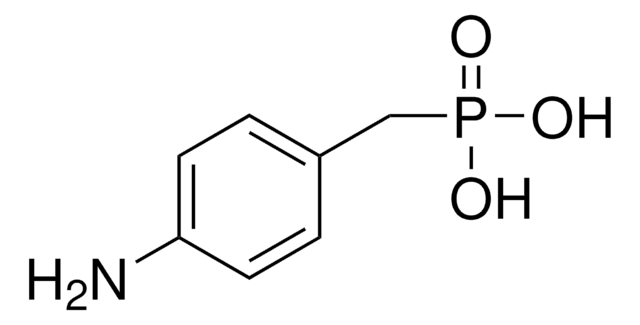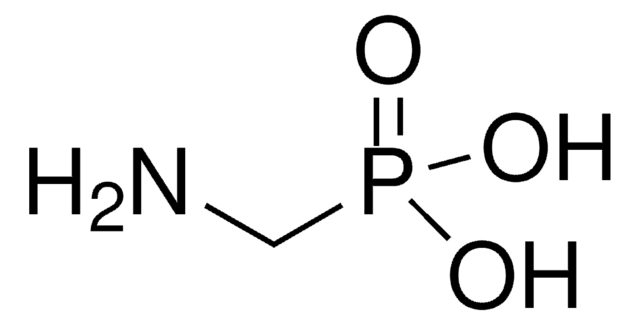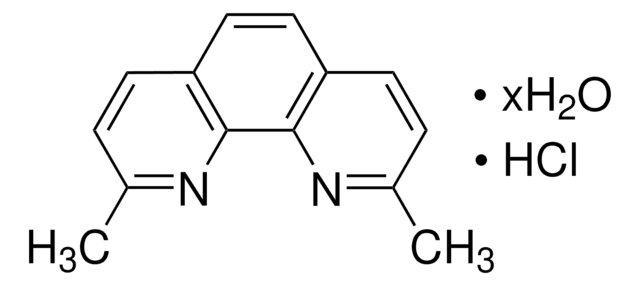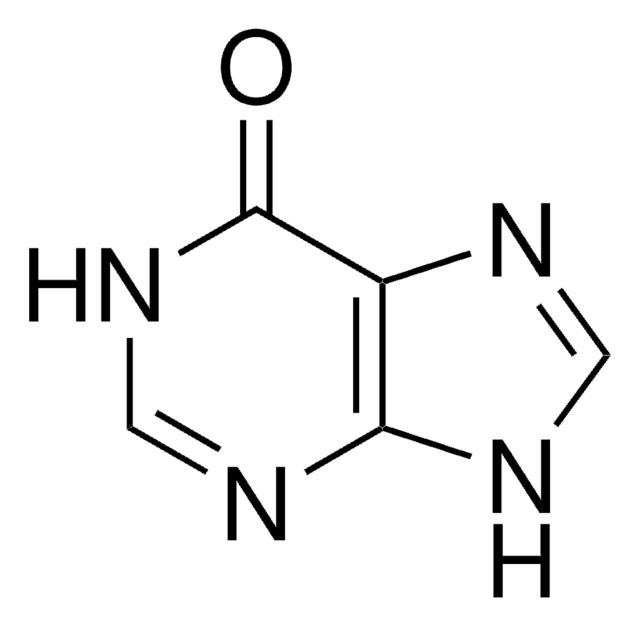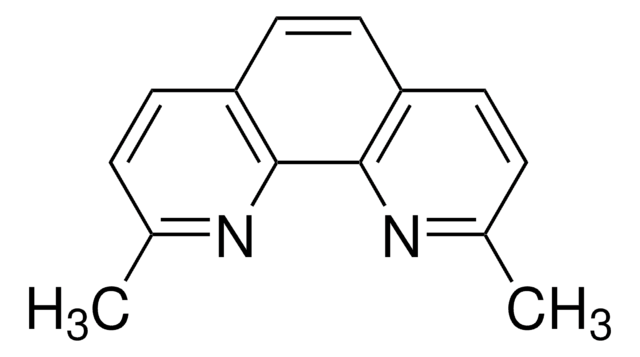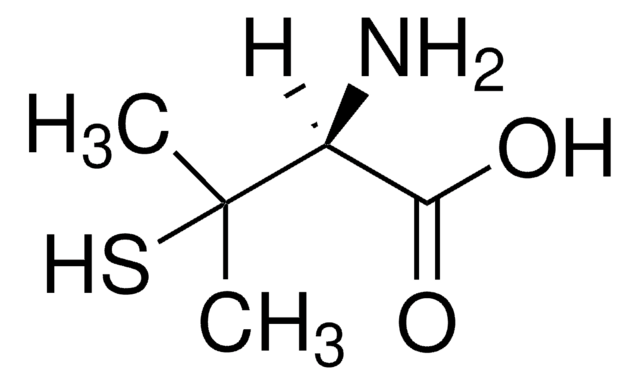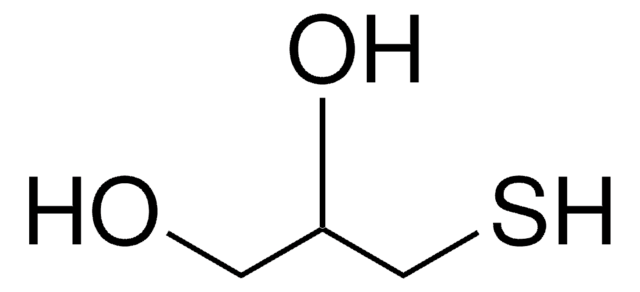B1125
Bathocuproinedisulfonic acid disodium salt
7.2-9.1% purity dry basis (ICP), powder
Synonym(s):
2,9-Dimethyl-4,7-diphenyl-1,10-phenantrolinedisulfonic acid disodium salt, Disodium bathocuproinedisulfonate
About This Item
Recommended Products
product name
Bathocuproinedisulfonic acid disodium salt, for spectrophotometric det. of Cu, Fe
assay
7.2-9.1% dry basis (ICP)
Quality Level
form
powder
quality
for spectrophotometric det. of Cu, Fe
technique(s)
titration: 90% using HCLO4 (Dry Basis)
color
white to beige
solubility
H2O: 50 mg/mL
suitability
suitable for determination of copper
application(s)
diagnostic assay manufacturing
hematology
histology
storage temp.
room temp
InChI
1S/C26H20N2O6S2.2Na/c1-15-25(35(29,30)31)21(17-9-5-3-6-10-17)19-13-14-20-22(18-11-7-4-8-12-18)26(36(32,33)34)16(2)28-24(20)23(19)27-15;;/h3-14H,1-2H3,(H,29,30,31)(H,32,33,34);;/q;2*+1/p-2
InChI key
RNGKZLRAVYPLJC-UHFFFAOYSA-L
Looking for similar products? Visit Product Comparison Guide
Related Categories
General description
Application
- Bathocuproinedisulfonic acid disodium salt has been used as a copper chelator for specific assay in Arabidopsis seedlings.
- It has been used as an electron chain-associated free radical production inhibitor for superoxide dismutase assay in cells.
- It has been added to the culture media of trypanosomes as a copper chelator for the stabilization of cysteine.
Other Notes
wgk_germany
WGK 3
flash_point_f
Not applicable
flash_point_c
Not applicable
ppe
Eyeshields, Gloves, type N95 (US)
Certificates of Analysis (COA)
Search for Certificates of Analysis (COA) by entering the products Lot/Batch Number. Lot and Batch Numbers can be found on a product’s label following the words ‘Lot’ or ‘Batch’.
Already Own This Product?
Find documentation for the products that you have recently purchased in the Document Library.
Customers Also Viewed
Our team of scientists has experience in all areas of research including Life Science, Material Science, Chemical Synthesis, Chromatography, Analytical and many others.
Contact Technical Service